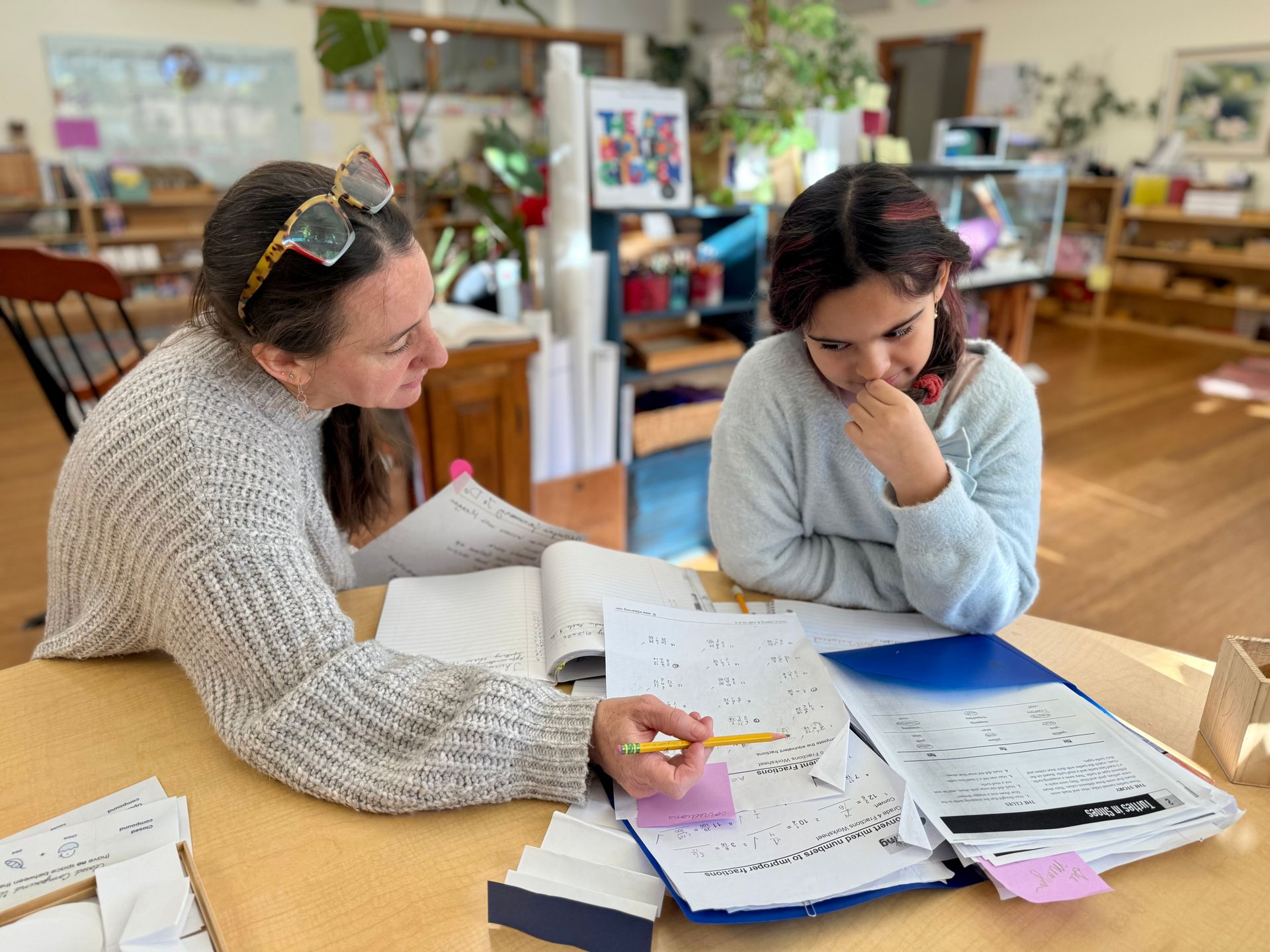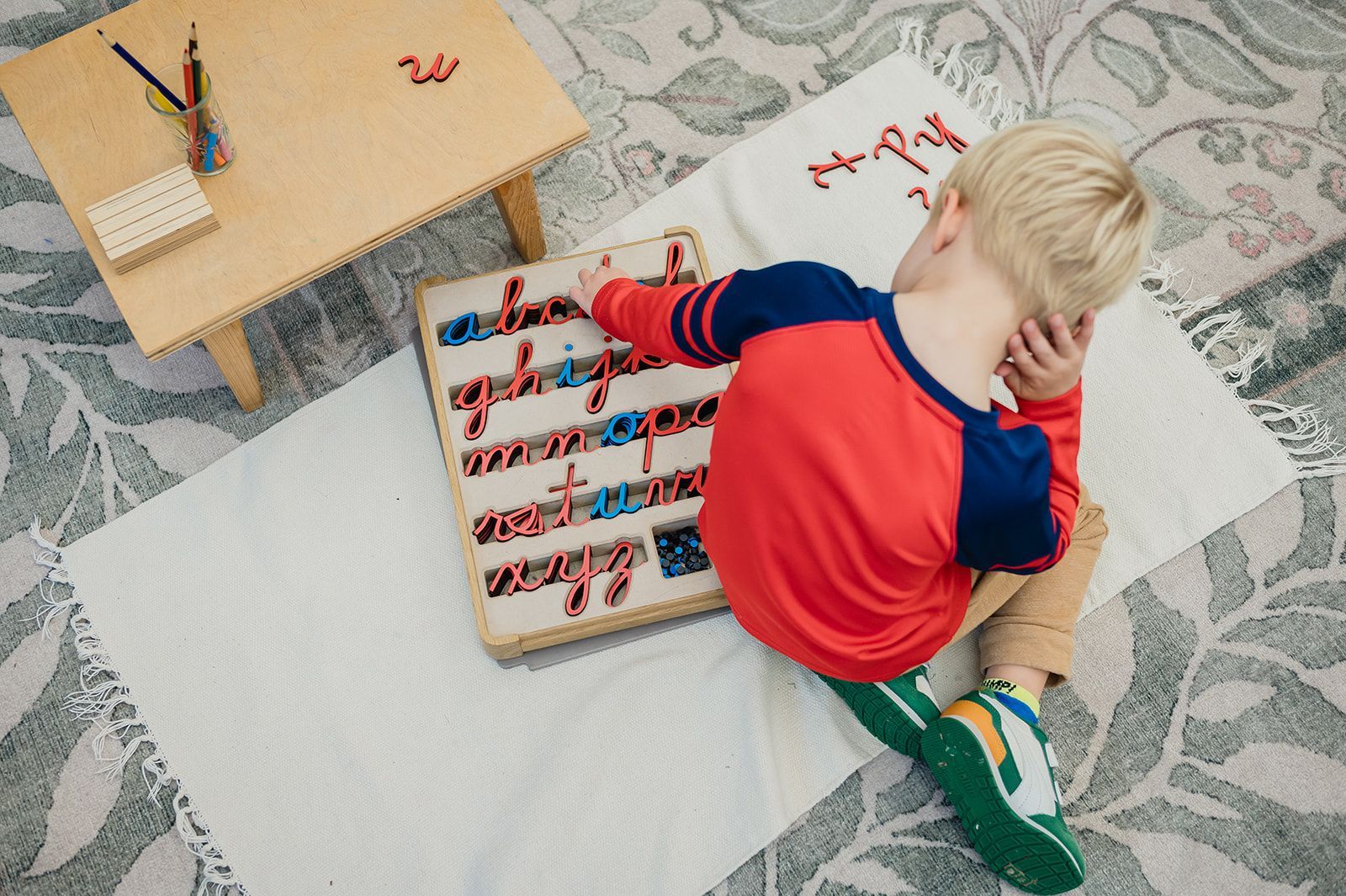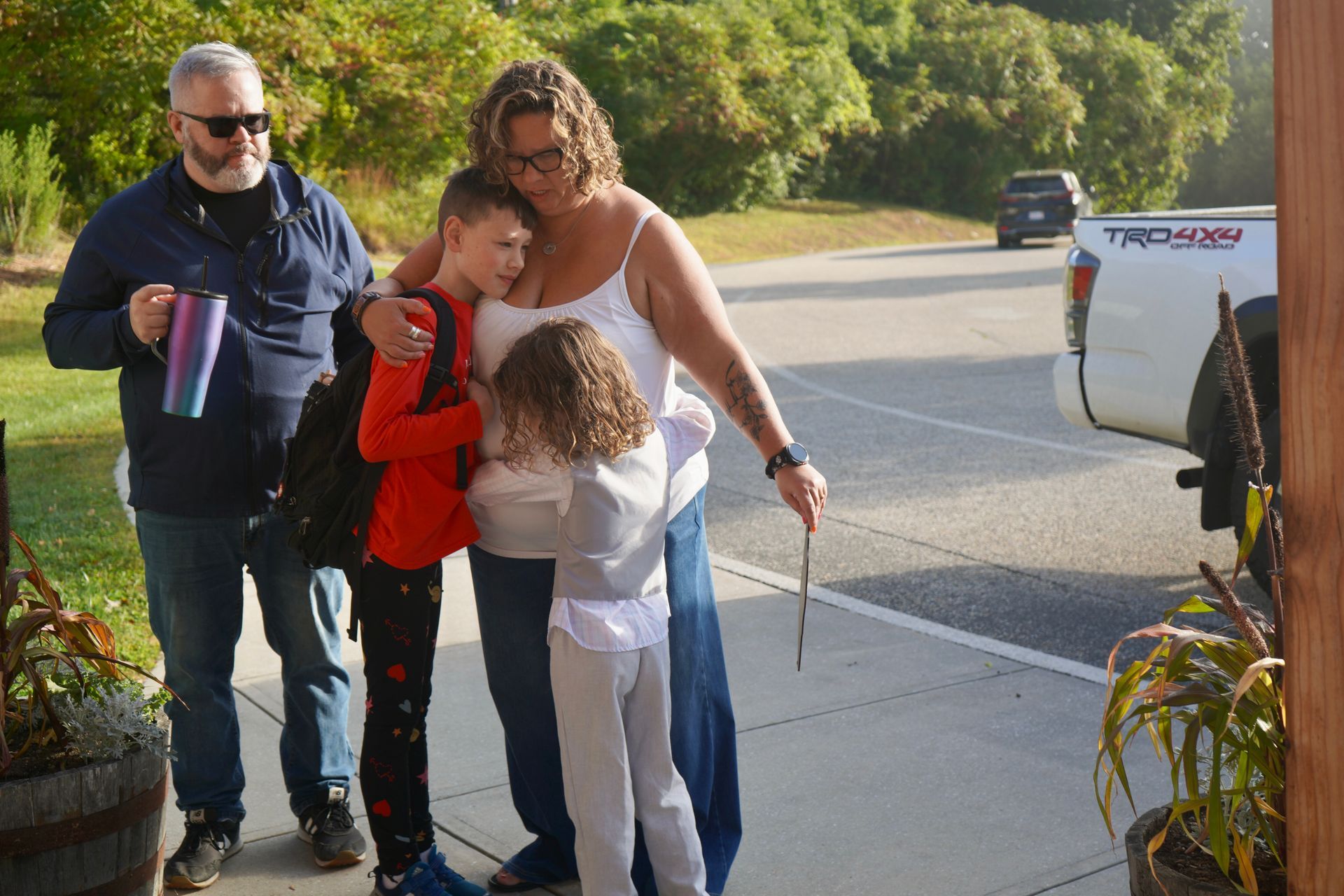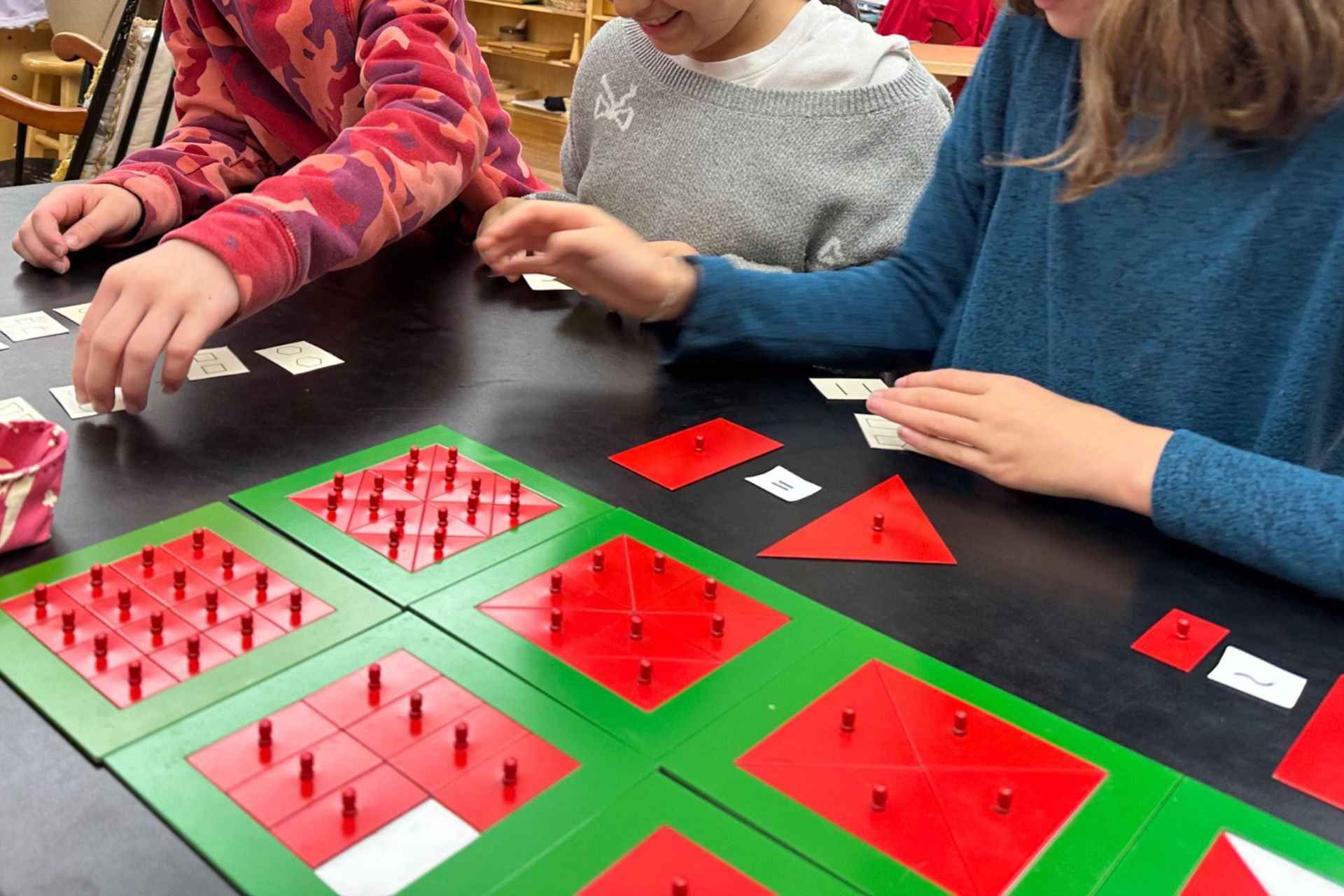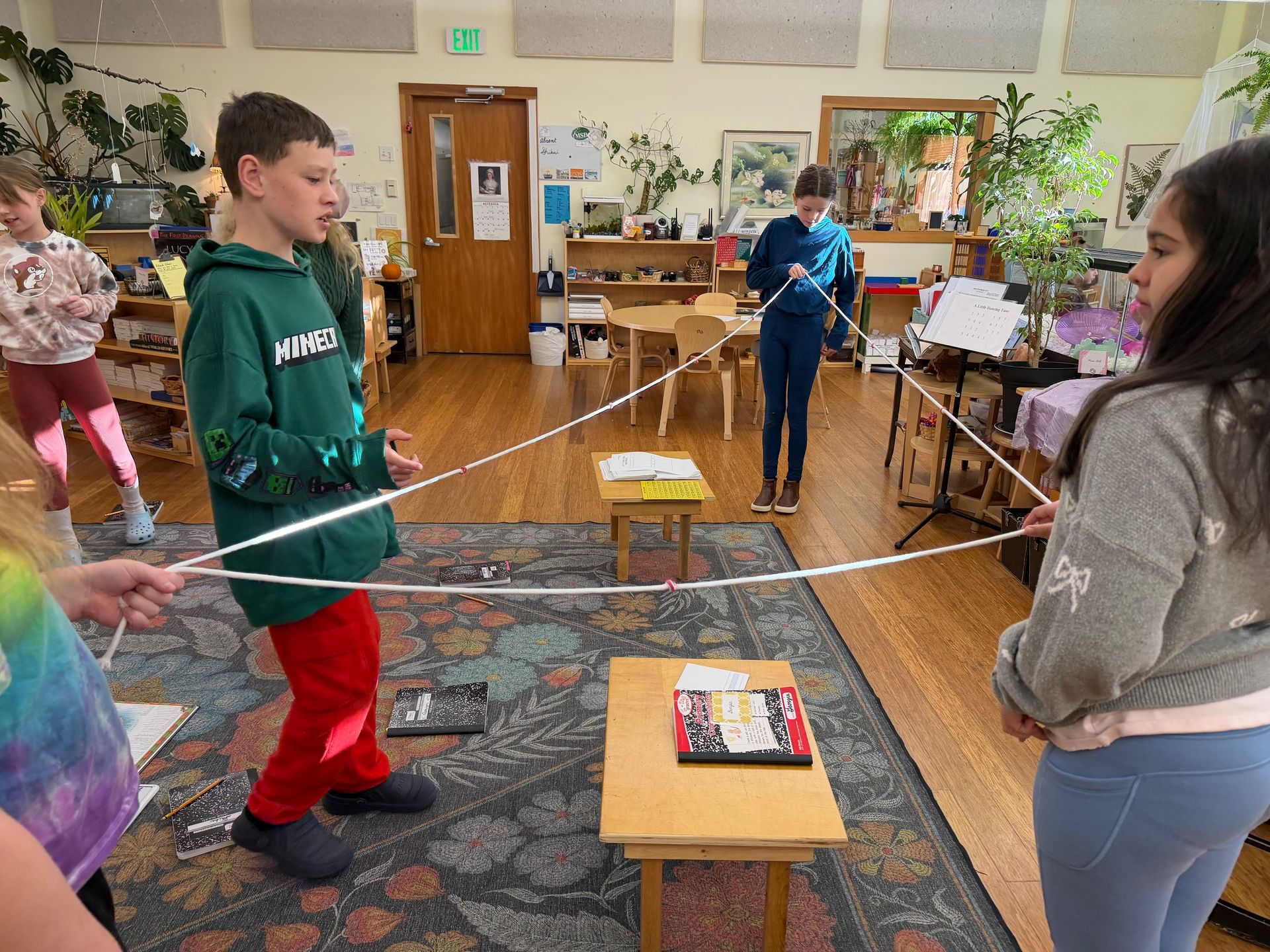Six Simple Reminders: Self-Care for Parents

Parenting is an amazing life experience. We all know how lucky we are to watch our children as they grow into the people they are meant to be. We try to stop and appreciate the little moments. We take hundreds of photos. We try to prepare healthy food and space to run and play. We tell them we love them and do our very best to really be present.
But...
Parenting is really hard. We know it’s so worth it, but combine the responsibilities of our jobs, personal lives, financial obligations, and just everyday things adults have to do. We have moments when it can all feel a bit overwhelming. That is totally normal, but it doesn’t mean it’s pleasant. There are also plenty of ways we can proactively make it all more manageable, starting with prioritizing time to take care of ourselves. We all know this, but it can be easy to forget and get caught up in the needs of everyone else around us.
Consider this blog post as a reminder to slow down and do something for yourself. If it’s been a while and you need a few reminders as to where to begin, we’re here for you. Don’t worry about implementing all these suggestions at once; start slow and try to add in one or two where it feels right. Over time, try to mix in a couple more. As hard as it is to imagine adding more to your already busy life, we promise it won’t feel that way in the long run!
1. Exercise
We’re guessing you read this heading and reacted in one of two ways: you either smiled because you’re already exercising on a regular basis and know and love the benefits, or, like so many of us, you groaned internally because the thought of working up a sweat sounds miserable.
If you find yourself in the former group, you can probably skip to number two. If you dread exercise, well, hear us out. Exercise is a proven way to reduce stress and increase energy.* Just 30 minutes a day, five days a week of moderate exercise is recommended and can make a huge difference. A good guideline to determine moderate exercise is that while you are in the midst of it, you should be able to talk but not sing. You should feel your heart beating a bit faster than normal, your breathing will intensify, and you may work up a sweat after a bit.
The key is to find what works for you. Exercise should be an enjoyable experience or it’s nearly impossible to stick with it. Would you be most likely to exercise if you could spend the time outdoors? With a family member? In your living room with a YouTube video? It all counts!
2. Eat well
We’re not talking about dieting here. We’re talking about fueling your body with the food it needs to function well. Instead of depriving yourself of the foods you love, reframe your approach and find tasty ways to add in nutrient-rich foods. Make sure you’re getting lots of different fruits, vegetables, and protein. Add in some complex carbohydrates, lots of water to drink, and the occasional treat that brings you joy.
Savor each bite. In the rush of the day it’s easy to slip into a fast pace or eat on the go. Sit, smell, taste, and enjoy your food. Take a cue from the French and find little ways to make eating more pleasurable. (More on that here.)
3. Sleep
Isn’t it funny how many children tend to resist naps, but as adults, many of us wish we had time for them? Getting enough sleep each night might help you make it through the afternoon slump.
Can you relate to this scenario? You have spent your whole day working hard and your child is finally asleep. You don’t have much energy left, so you collapse on the couch to watch tv. Before you know it, you’ve watched more episodes of your favorite show than you intended to, and it has become later than you should have stayed up. You get yourself into bed, don’t get quite enough sleep, and wake up groggy to repeat the cycle the following day.
It can absolutely be a challenge to find time to unwind before bed. Take a little time to consider your personal situation and ask yourself what you really want your evenings to look like. Do you want to spend time with your partner? Do you want to catch up with a friend on a video chat? Could watching one or two episodes of that show leave more for another day?
Once you get into the habit of sleeping enough regularly, you’ll never want to go back.
4. Socialize
Spending time with other people just for fun is so important for our wellbeing, and during this social distancing time we are feeling that need now more than ever. Think about the last time you grabbed a cup of coffee with a friend, went on a date with your partner, or just made small talk with a stranger at the bookstore. Making and nurturing connections makes us feel whole.
So, even if it’s once in a while, schedule some time for a virtual hang out with people who make you laugh, or who are great at listening to your stories, or who you share common interests with. You’ll leave the time feeling alive, refreshed, and ready to tackle the world. It’s just one important way to remind yourself that you and your happiness are important.
5. Expand
Routines are great. They give us something to rely on and feel grounded in. Unfortunately, monotony can also get pretty boring sometimes. Mixing it up is a great way to feel your own sense of individuality. Novel experiences challenge our brains in positive ways, plus, it can be fun! Some ideas:
- Walk a different route when you go outside.
- Listen to a new (to you) genre of music.
- Try out a fresh hobby.
- Make an effort to contact some old friends.
- Sit in a new seat (on the couch, during your Zoom meeting, wherever!)
6. Reflect
We saved this one for last for a reason; while it can be done any time of the day, it can be a calming practice to add in during the last ten minutes before bed. It’s simple: take time to be alone with your thoughts.
Reflection can take on a variety of forms, but it’s usually quiet, done alone, and can be really relaxing. Depending on your personal preferences, this may take the form of meditation, journaling, gratitudes, or something else altogether. Find what works for you.
While we know you’ve likely considered and tried many of the items on our list before, we hope this post has served to remind and encourage you to take care of yourself. Being a parent is one of the most important jobs out there. Not only does caring for yourself prepare you for the task, but it helps you be a great role model for your child.
Have a lovely day.
For more information visit:
https://www.mayoclinic.org/healthy-lifestyle/stress-management/in-depth/exercise-and-stress/art-20044469https://www.sciencedaily.com/releases/2006/11/061101151005.htm

